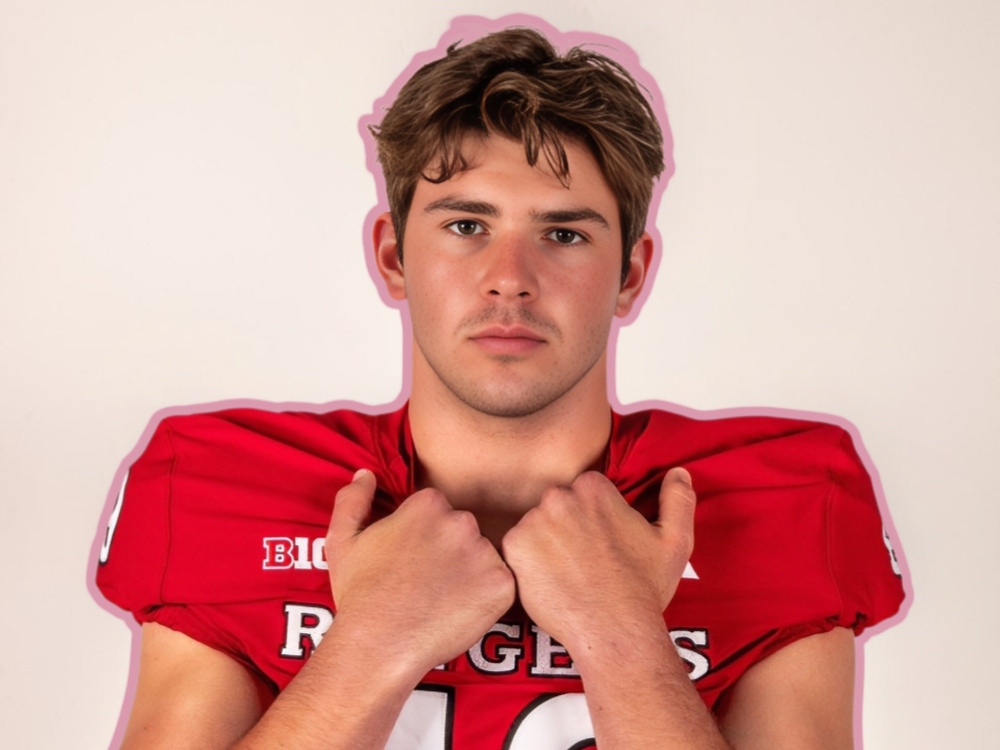History-making transgender New Zealand darts player Victoria Monaghan says her career has been left “in tatters” after the World Darts Federation (WDF) introduced new eligibility rules banning trans women from competing in women’s tournaments.
The WDF, which governs amateur darts worldwide, voted last month to restrict women’s and girls’ ranking events to players “recorded female at birth.” Transgender women must instead compete in the newly renamed Open category, previously the men’s division.
The federation claimed the change was to ensure “equal opportunity,” but Monaghan disputes the rationale, pointing out that darts relies on skill and hand–eye coordination, not physical strength.
Monaghan made history in 2023 as the first transgender woman to compete at the WDF World Darts Championship, following her win at the New Zealand Open in 2022. She had hoped to return for redemption after a first-round exit, but told the Herald she has now lost all motivation.
“I’m devastated because they had a set of rules in place and made us jump through so many hoops,” she said.
“I think the avenue is slammed shut after giving 40-plus years of my life to darts… There’s no goal in sight any more. No drive, no passion, which is sad, because I never thought I was that bad a dart player.”
IOC influence and backlash
The Herald understands that the New Zealand Darts Council was among the few federations to vote against the change, while many abstained.
The policy stems from the WDF’s relationship with the International Olympic Committee (IOC), which has left decisions on transgender participation to individual sporting bodies. Although darts is not IOC-recognised, the WDF is seeking Olympic status.
Monaghan, once a nationally ranked men’s player, quit in 2018 before returning in 2021 after her transition. Despite meeting all requirements under the WDF’s former rules, she frequently faced resistance.
“When I first came back, I had all the paperwork, every test, everything they asked for. Yet there were still challenges just to get to the board and compete,” she explained.
“Higher organisations, governments, even the Governor-General of New Zealand, accept me and my gender. And now suddenly, sport doesn’t.”
A divided sport
While the WDF closes the door, the Professional Darts Corporation (PDC) — which runs the professional circuit including the NZ Darts Masters — continues to allow mixed-gender competition (apart from its Women’s Series and Matchplay).
Dutch trans player Noa-Lynn van Leuven, who competes under the PDC, called the WDF’s stance “a loss for the trans community in sport.”
But not all agree. Dutch star Aileen de Graaf withdrew from international competition earlier this year, arguing that trans players benefit from physical advantages in hand–eye coordination and concentration.
Monaghan rejects that claim outright:
“Menopausal women, perimenopausal women, prepubescent girls, and pregnant women all don’t menstruate, and you can take tablets to delay cycles. That argument doesn’t stand.”
She believes tighter regulations would have been a fairer solution:
“It’s not like a man with a beard can just put on a dress, say he identifies as a woman, and enter. Michael van Gerwen isn’t going to turn up as ‘Michelle van Gerwen’ to play for half the prize money.”
Looking back, looking forward
Monaghan admits she no longer knows if she has a future in darts, saying the policy sets transgender rights back “half a century.” Still, she takes pride in her achievements.
“We broke down a lot of barriers and proved a point. If we were that dominant, we’d be winning everything, and we’re not. It was one tournament, with a lot of demons to battle just to get there.”
She said most fans and fellow players have been supportive, though the scrutiny was relentless:
“The fans made me feel like a superstar, which was amazing. But it was always going to be a lose-lose situation. If I won, it was because I was trans; if I lost, it was because I was trans. The pressure was too much.”

































